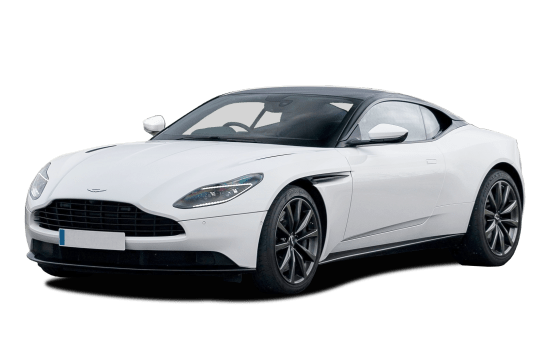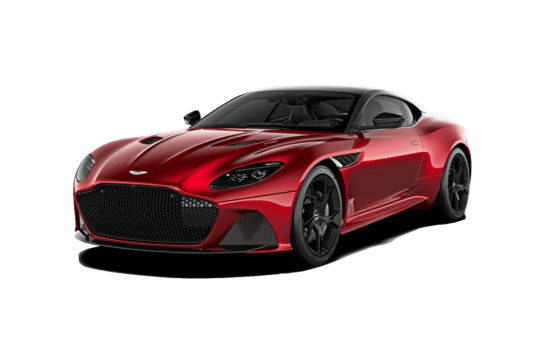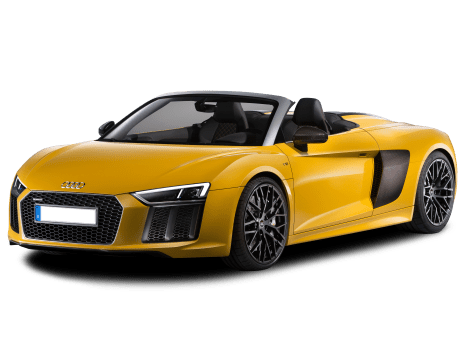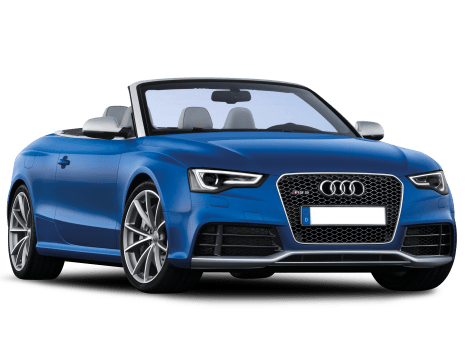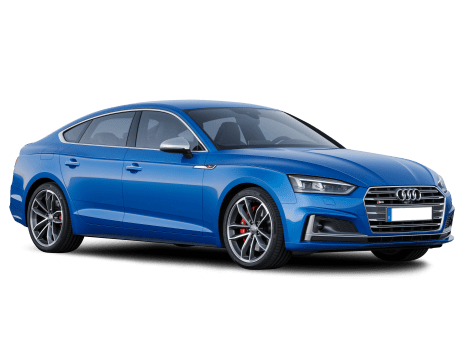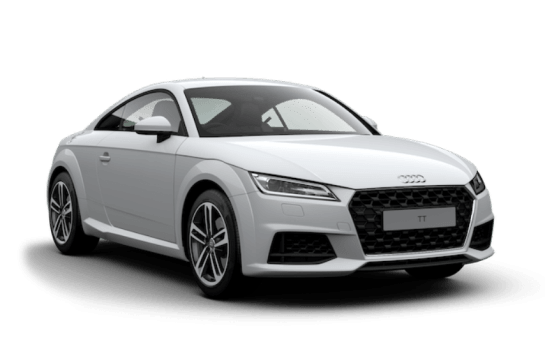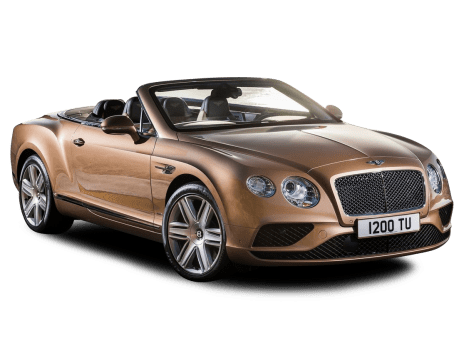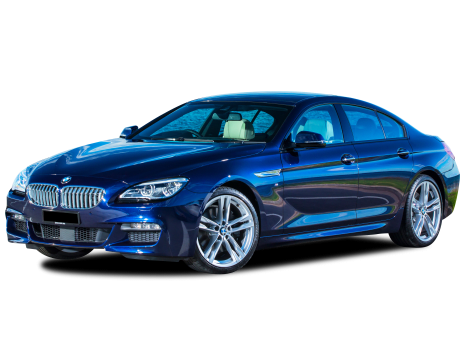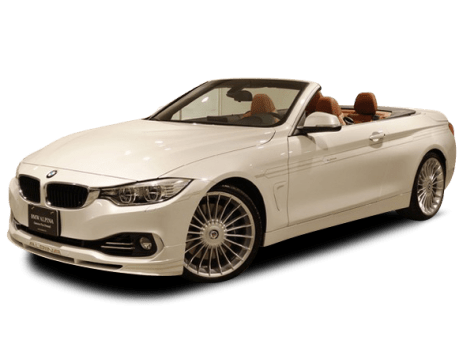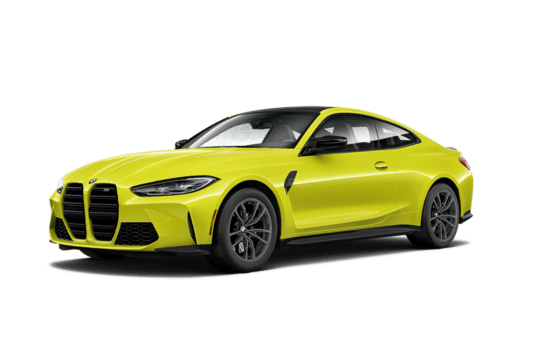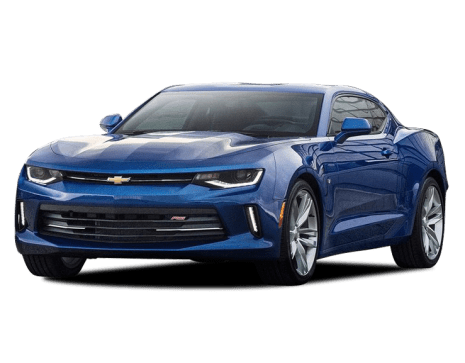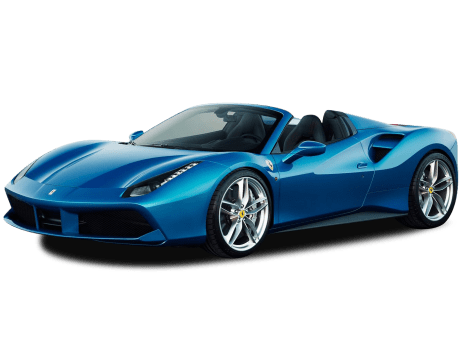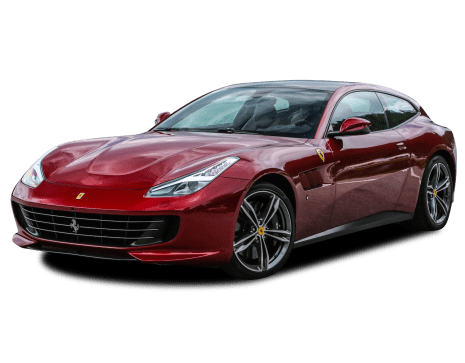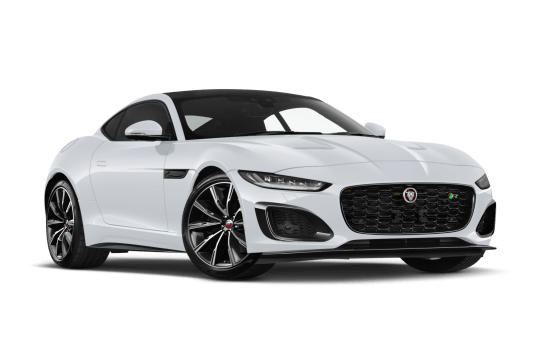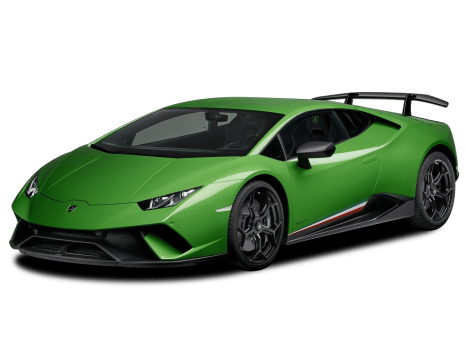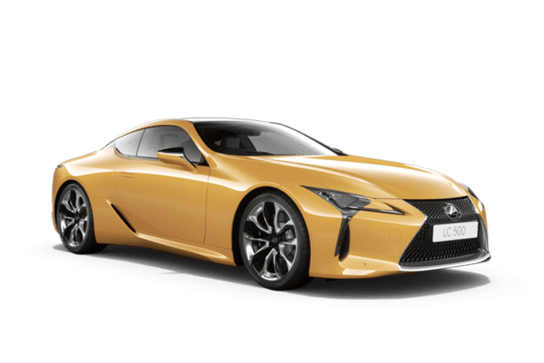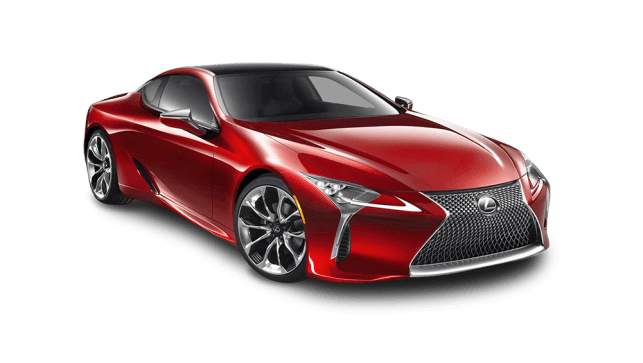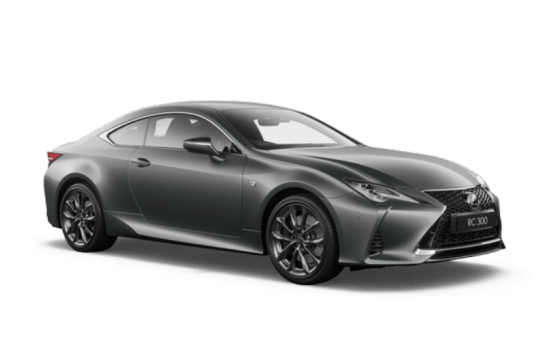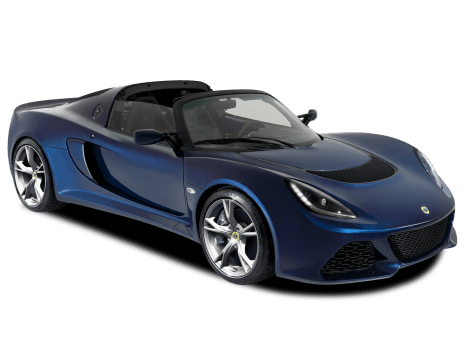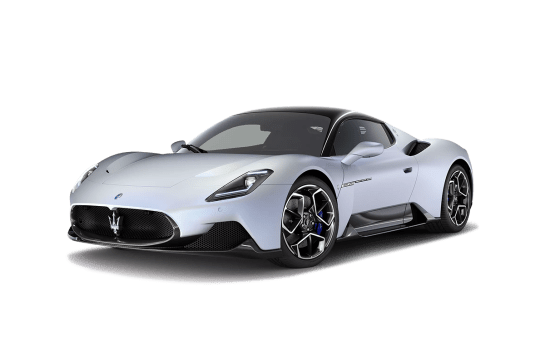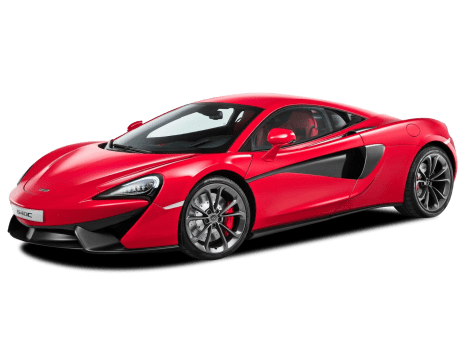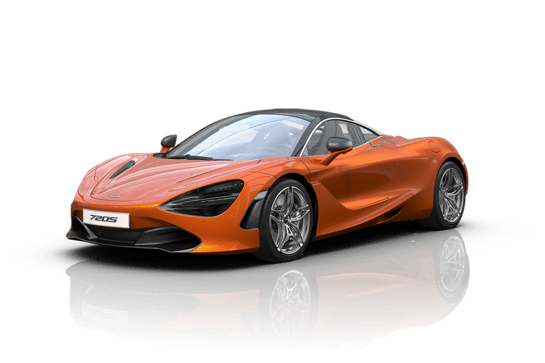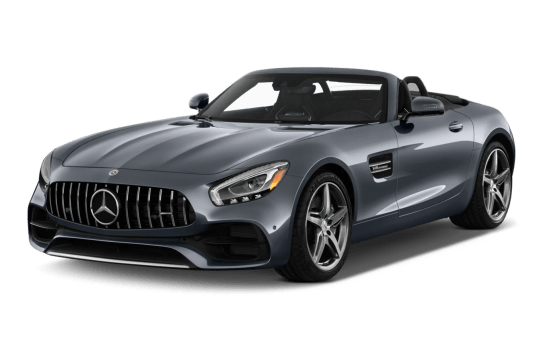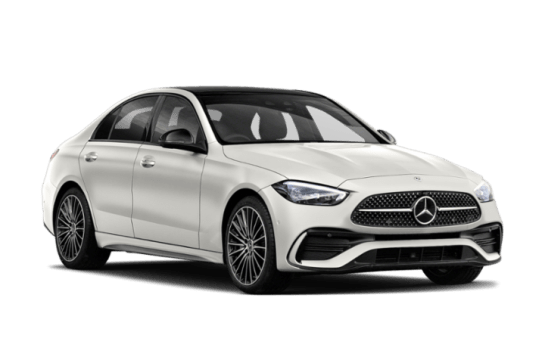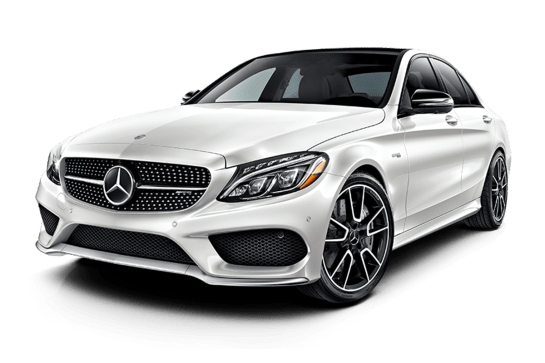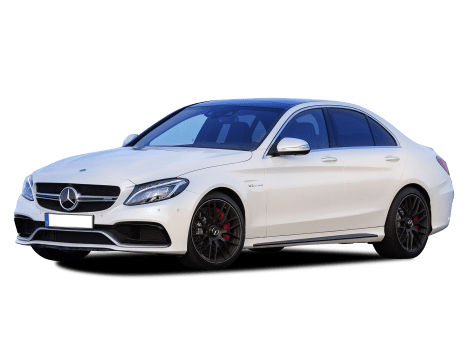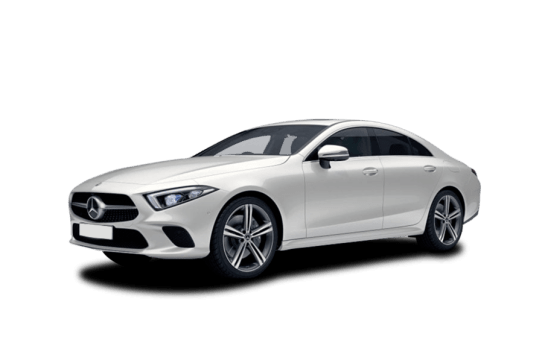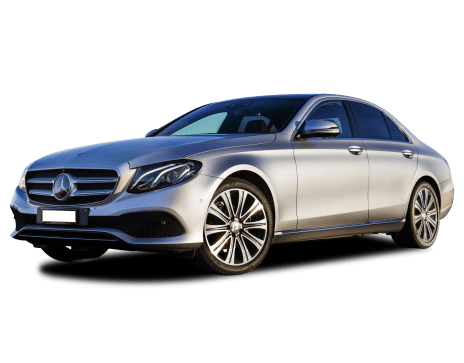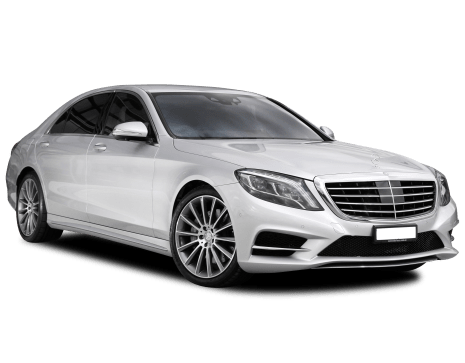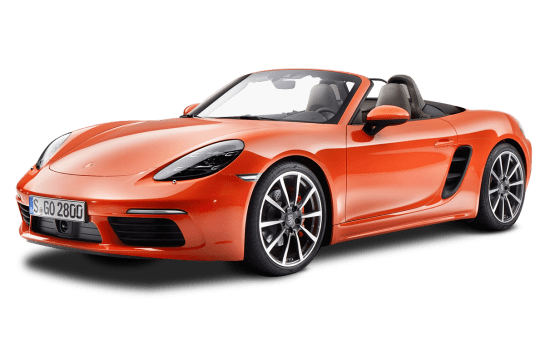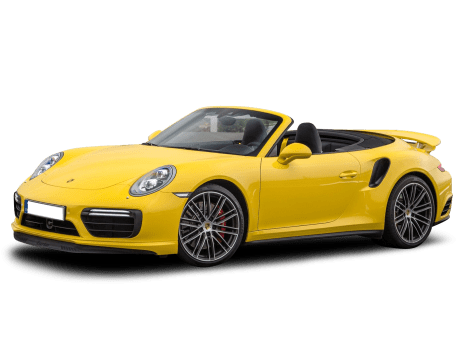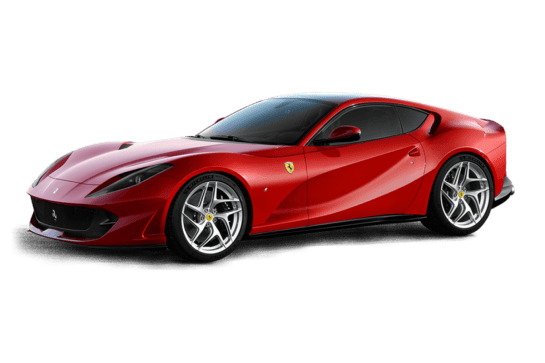
Ferrari 812 SUPERFAST VS BMW M440I
Ferrari 812 SUPERFAST
Likes
- Savage design
- Furious performance
- Absurd V12 noise
Dislikes
- Electronic power steering
- Crazy price
- Possibly too powerful for this planet
BMW M440I
Likes
- Unapologetic styling
- High-quality cabin
- Dynamically engaging
Dislikes
- Squeezy rear seats
- 420i/430i starts to get thrashy in high revs
- Adaptive cruise should be standard
Summary
Ferrari 812 SUPERFAST
Picturing yourself driving a Ferrari is always a pleasant way to waste a few 'when I win Lotto' moments of your life.
It’s fair to assume that most people would imagine themselves in a red one, on a sunny, good-hair day with an almost solar-flare smile on their faces.
The more enthusiastic of us might throw in a race track, like Fiorano, the one pictured here, which surrounds the Ferrari factory at Maranello, and perhaps even specify a famously fabulous model - a 458, a 488, or even an F40.
Imagine the kick in the balls, then, of finally getting to pilot one of these cars and discovering that its badge bears the laziest and most childish name of all - Superfast - and that the public roads you’ll be driving along are covered in snow, ice and a desire to kill you. And it’s snowing, so you can’t see.
It’s a relative kick in the groin, obviously, like being told your Lotto win is only $10 million instead of $15m, but it’s fair to say the prospect of driving the most powerful Ferrari road car ever made (they don’t count La Ferrari, apparently, because it’s a special project) with its mental, 588kW (800hp) V12, was more exciting than the reality.
Memorable, though? Oh yes, as you’d hope a car worth $610,000 would be.
| Safety rating | |
|---|---|
| Engine Type | 6.5L |
| Fuel Type | Premium Unleaded Petrol |
| Fuel Efficiency | 15L/100km |
| Seating | 2 seats |
BMW M440I
When BMW’s first-generation 4 Series landed in 2013, it looked and drove like little more than a 3 Series sedan minus the two rear doors, and that’s because it was.
For the second-generation version though, BMW have decided to try its best to differentiate the 4 from the 3 Series, adding a unique front end and slight mechanical tweaks.
Sure, the looks might not be to everyone’s taste, but surely BMW’s renowned driver-focused dynamics will be enough for the 4 Series to carve out its niche in the premium sports coupe space … right?
| Safety rating | |
|---|---|
| Engine Type | 3.0L turbo |
| Fuel Type | Premium Unleaded Petrol |
| Fuel Efficiency | 7.8L/100km |
| Seating | 4 seats |
Verdict
Ferrari 812 SUPERFAST7.4/10
Clearly, this is not a car for everyone, and you’d have to question whether it’s a car for anyone, really, but people who like spending $610,000 on Ferraris, and waiting in a queue to do so, will be delighted, because it delivers the kind of exclusivity, and bragging rights, that you’d have to hope a car called Superfast would.
Personally, it’s a little too much, a little too over the top and definitely too mad, but if rockets are your thing, you won’t be disappointed.
Is the Ferrari 812 Superfast a bit of you, or a bit too much? Tell us in the comments below.
BMW M440I8.3/10
BMW has once again delivered a supremely enjoyable sports car with its new 2021 4 Series.
Sure, it might have love-it or hate-it styling, but those that dismiss the 4 Series based solely on looks are missing out on a wonderful driving experience.
With the base 420i offering all the style in a relatively affordable pricetag, while the all-wheel-drive grip of the M440i adds extra assurance at a more premium price, BMW's new 4 Series should cater to anyone looking for a premium sports coupe.
Design
Ferrari 812 SUPERFAST9/10
It’s very… big, isn’t it? And it looks even bigger in the flesh with a bonnet you could use to put a roof over your tennis court. In all, the Superfast is 4.6m long, almost 2.0m wide and weighs 1.5 tonnes, so it certainly has presence.
Making something this big look good is a challenge even for those as talented as Ferrari’s design team, but they have nailed it. The front has what appears to be a mouth, poised to swallow lesser cars whole like some whale shark Terminator.
The bonnet appears to be flaring its nostrils, and looks fabulous from the driver’s seat, and the swooping side and taut rear complete things nicely.
Personally, it still just looks too big to be a Ferrari, but then this is not a mid-engined super car, it’s a grand touring rocket ship, and the ultimate expression of unnecessary excess, and it pulls off that aura perfectly.
BMW M440I10/10
Let’s get this out of the way. The 2021 BMW 4 Series is not an ugly car, despite what you may think from the press photos found online.
Is it to everyone’s tastes? Of course not, but I find the gaudy, in-your-face gold-on-black that is Versace’s signature styling a little gross … so your milage will definitely vary on the 4 Series like mine does with high-end fashion.
In person, that grille is nowhere near as overwhelming as pictures may have led you to believe, and blends in very nicely with the aggressive and muscular front end of the 4 Series.
In profile, the high shoulder line and slim glasshouse add to the sportiness, as does the sloping roofline and butch rear haunches.
The rear though, is arguably the 4 Series best exterior angle, as the pinched bumper, wraparound tail-lights, large exhaust outlets and subtle rear diffuser combine well for a properly sporty and premium look.
All Australian-spec cars come with the M Sport package, meaning a full bodykit, and 19-inch wheels to make even the boggo 420i look aggressive on the road.
Does it work? Well if it wasn’t wearing a BMW badge then it might not get away with this ostentatious styling, but being a big premium player, we think the 4 Series gets away with being as brash and in-your-face as it is.
We actually love that BMW has taken a risk with the 4 Series’ aesthetics and is willing to push the envelope because, after all, it could have just looked like the 3 Series sans-two doors, and that’s just a bit too safe, isn’t it?
Inside, the 4 Series is familiar BMW territory, which means a thick-rimmed steering wheel, glossy shifter and brushed metal accents, as well as high-quality materials throughout.
The dashboard-integrated multimedia system is a particularly nice touch, as are the metal accents that separate the lower and upper halves of the cabin.
So, is there anything interesting about the design? Absolutely. It’s got the internet talking more than usual and will no doubt draw the eye of those wanting to stand out from the often-samey crowd of German sports cars.
Practicality
Ferrari 812 SUPERFAST7/10
Practicality isn’t really your concern when you buy a two-seat mega car like this, so let’s just say it’s about as practical as you would expect it to be. Not very, then.
BMW M440I8/10
Measuring 4768mm long, 1842mm wide, 1383mm tall and with a 2851mm wheelbase, the 2021 BMW 4 Series certainly looks commanding on the road, and the generous proportions do well for interior space too.
Of note though, the M440i is slightly longer (4770mm), wider (1852mm) and taller (1393mm) than the 420i and 430i, but the slight variance doesn’t translate to any perceivable difference in practicality.
Up front, there is plenty of space for driver and passenger, with a wide array of seat adjustability offering nearly the perfect position for nearly everyone regardless of shape or size.
Storage options include a generous door pocket with separate bottle holder, large central storage cubby, generous glove box, and two cupholders sited between the shifter and climate controls.
We love that the wireless smartphone charger is tucked well away just ahead of the cupholders, meaning you don’t have to worry about keys or loose change scratching up your screen, and it doesn’t eat into any of the other storage options around the cabin.
Being a coupe, you wouldn’t expect heaps of room in the second row, and the BMW 4 Series certainly doesn’t defy expectations in this regard.
Adult passengers can get in the back easy enough, thanks to auto-folding front seats, but once there, head- and shoulder-room can be a bit tight, while legroom is dependent on the height of front passengers.
We’ve certainly been in worse back seats though, and the deeply recessed seats help alleviate some of the headroom issues, but its not a space for the claustrophobic.
Open the boot and the 4 Series will swallow up to 440 litres of volume and, thanks to the wide space, can easily accommodate a set of golf clubs or weekend luggage for two.
The second row is divided 40:20:40, so you can fold down the middle to transport skis (or timber from Bunnings) while still ferrying four.
Folding the rear seats down will increase your cargo volume, but the aperture between the boot and cabin is quite small, so you might want to keep that in mind before heading to Ikea.
Price and features
Ferrari 812 SUPERFAST6/10
Is it possible that any car - save one made from gold, dusted with diamonds and stuffed with truffles - would represent good value at a price of $610,000? It seems unlikely, but then people who can spend that much assay value differently, and would probably say that something as profound as the 812 Superfast is worth buying at any price.
Another way to look at it is price-per-litre, which is less than $100,000, considering you do get 6.5 litres of V12 Ferrari donk. Or you could go by kilowatt, which works out at nearly $1000 each for your 588kW.
Other than that you do get a lot of leather, a high-quality interior, superior exterior styling, badge-snob value that’s hard to put a price on and vast swathes of F1-derived technology. And a free car cover.
BMW M440I9/10
BMW’s new 4 Series range is available in three flavours, kicking off with the 420i for $70,900 before on-road costs, which is powered by a 2.0-litre turbo-petrol engine (more on that below).
Standard equipment includes sport seats, LED headlights, a 12.3-inch digital instrument cluster, push-button start, automatic wipers, Alcantara/Sensetec (vinyl-like) interior trim, three-zone climate control and 10-speaker sound system, but it’s the inclusion of an M Sport package and 19-inch wheels that really elevate the look of the new 4 Series to a real sporty model.
The latter two were options in the previous generation, but so many customers (we’re told close to 90%) opted for the sportier looks that BMW just decided to bundle them into the asking price.
The 420i also comes fitted with a 10.25-inch touchscreen multimedia system that includes digital radio, satellite navigation, wireless smartphone charger, and wireless Apple CarPlay AND Android Auto (finally some love for Samsung owners!).
It’s remarkable then, that the new 420i is actually almost $4100 cheaper than the model it replaces, while also boasting more equipment, safety and torque.
Stepping up to the 430i increases pricing to $88,900 ($6400 pricier than before), while also adding more equipment such as adaptive dampers, keyless entry, surround-view camera, M Sport brakes, leather interior and active cruise control.
Outputs from the 2.0-litre turbo-petrol engine are also increased in the 430i (again, more below).
The current king of the 4 Series range until the M4 lands early next year is the M440i, priced at $116,900, but includes a 3.0-litre inline six-cylinder engine and all-wheel-drive grip.
On the outside, the M440i can be distinguished by the standard inclusion of BMW’s Laserlight technology, sunroof and heated front seats, as well as ‘Cerium Grey’ colouring for the kidney grille, tailpipe shrouds and side-view mirrors.
Being a German model, there is (of course) a smattering of options available – including remote engine start and a heated steering wheel – but none jump out as crucial or ‘must have’ in any way.
We appreciate that the base 4 Series looks largely the same as its more expensive siblings, while also offering all the key equipment you’d want out of a premium sports coupe in 2020.
Under the bonnet
Ferrari 812 SUPERFAST9/10
I did want to give the epic, enormous 6.5-litre naturally aspirated V12 engine a perfect 10 here, but when I paused to think about it I had to admit that it is, quite possibly, a little too powerful.
Yes, it is amazing to think Ferrari can build a car that has 588kW (800 horsepower - hence the 812 nomenclature; 800 horses and 12 cylinders) and doesn’t just dig itself a hole in the road as soon as you put your foot down.
And yes, it does provide the kind of performance that makes all other cars seems a bit piss poor and pathetic, even the really good ones.
But honestly, who could ever use it all, or need it all? They might seem like irrelevant questions, I guess, because it’s all about conspicuous over-excess, a car like this, so really the question is, would anyone want to live with 588kW and 718Nm of torque, or is it just too scary in reality?
Well, a little bit, yes, but Ferrari’s engineers have been wise enough not to actually give you all of that power, all the time. Torque is limited in the first three gears, and maximum mental power is actually only available, in theory, at 8500rpm in seventh gear, at which point you’d be approaching its top speed of 340km/h.
The fact that you can rev an engine this big, and this lusciously loud, all the way to 8500rpm is, however, a joy that would never tire.
In more practical terms, you can run 0-100km/h in 2.9 seconds (although cheaper, less crazy cars can do that, too) or 200km/h in 7.9 (which is a tiny bit slower than the far lighter McLaren 720S).
What you can’t do, of course, is achieve any of those numbers on winter tyres, or roads with snow on them.
BMW M440I7/10
Both the entry-level and mid-tier 4 Series variants (420i and 430i respectively) are powered by a 2.0-litre turbocharged petrol engine.
Under the bonnet of the 420i, the engine produces 135kW/300Nm, while the 430i ups the ante to 190kW/400Nm.
The flagship (at launch) M440i meanwhile, scores a 3.0-litre turbo-petrol inline six delivering 285kW/500Nm.
All three engines are paired with an eight-speed automatic transmission, with no manual option available on any grade.
The 420i and 430i send drive to the rear wheels, resulting in a zero to 100km/h sprint time of 7.5 and 5.8 seconds respectively, while the all-wheel-drive M440i needs just 4.5s.
Stacked up against its German rivals, the 4 Series offers a decent engine line-up, but doesn’t excel at any level compared to the Audi A5 and Mercedes-Benz C-Class coupe.
Efficiency
Ferrari 812 SUPERFAST5/10
Much as you can’t have a good volcano without some serious lava, you can’t have 800 horsepower without burning a lot of dead dinosaur goo. The Superfast has a claimed fuel-economy figure of 14.9L/100km, but on our drive the screen just said "Ha!" and we burned through a whole tank of fuel in less than 300km.
Theoretical emissions are 340g/km of CO2.
BMW M440I8/10
Officially, the 420i will sip 6.4 litres per 100km, while the 430i is slightly thirstier at 6.6L/100km.
Both aforementioned 4 Series variants will need 95 RON at the bowser.
The heavier and more potent M440i needs 7.8L/100km, while also using the more expensive 98 RON fuel.
We only drove through Melbourne country roads in our brief time with all three grades of the 4 Series and could not ascertain a reliable fuel economy figure.
Our driving did not cover an extended freeway journey or any inner-city driving, so check back to see if the quoted figures hold up to scrutiny once we get more time with the car.
Driving
Ferrari 812 SUPERFAST8/10
Insane. It’s a word that people often lift from their lexicon when describing a supercar experience, because clearly, as forms of transport, things like Ferraris and Lamborghinis are not sane options.
But the Superfast really deserves the word, because it feels not only the opposite of sane, but truly bonkers. As if someone built it for a dare, realised it was a bad and possibly dangerous idea, and then put it on sale anyway.
Picture some tiny-handed child with his greasy, post-cheeseburger fingers poised over a big red button on his desk that could wipe out humanity, and that’s basically the situation your right leg finds itself in when driving the Superfast.
There is so much power on tap here - even the limited amount of it that the engineers allow you to access in lower gears - that it truly seems possible you’ll have a Road Runner moment, and simply dig a hole in the ground, if you push the throttle too hard.
Yes, on the one hand, the noises this extreme V12 makes above 5000rpm are memorable and moving, like Satan himself singing Nessun Dorma in a shower of sparks. At one stage we found a long tunnel, perhaps the only dry road within 500km that day, and my colleague forgot all about his licence and let rip.
The numbers on my 'Passenger Screen' spun like poker-machine wheels, then turned red and then implausible. I was shoved back into my seat as if by Thor himself, and I squealed like a small pig, but my co-driver heard nothing over the Monaco tunnel during F1 sound.
Even on dry road, of course, the winter tyres we were forced (by law) to run in the foul snowy conditions could not maintain grip, and we constantly felt the rear skipping sideways. Fortunately we were in Italy, so people simply cheered us on.
The likelihood that you will lose traction in this car is so high that the boffins have included a special feature in its new 'Electronic Power Steering' system called 'Ferrari Power Oversteer'. When you inevitably start going sideways, the steering wheel will apply subtle torque to your hands, 'suggesting' the best way to get the car back in a straight line.
A proud engineer told me that this is basically like having a Ferrari test driver in the car with you, telling you what to do, and that they used their skills to calibrate the system. You can override it, of course, but it sounds scarily like an autonomous-driving precursor to me.
What’s disappointing about this car having EPS at all, rather than a traditional hydraulic system, is that it just doesn’t feel muscular enough for a hairy-handed monster of a car like this.
It is accurate and precise and pointy, of course, and makes driving the Superfast, even in stupidly slippery conditions, almost easy. Almost.
It’s actually surprising how hard you can push a car like this along a windy and wet mountain road without careering off into a muddy field.
More time, and more traction, would have been appreciated, but you can tell it’s the sort of car you’d grow into, and perhaps even feel in control of, after a decade or so together.
So it’s good, yes, and very fast, obviously, but I can’t get past the idea that it’s all a bit unnecessary, and that a 488 GTB is simply, in every single way, a better car.
But as a statement, or a collector’s item, the Ferrari 812 Superfast certainly is one for the history books.
BMW M440I9/10
Anything wearing a BMW badge promises a fun and engaging drive, after all the brand’s tagline used to be the ‘ultimate driving machine’, which is exacerbated in a sporty two-door.
Luckily then, the 4 Series delivers the goods and is a thoroughly enjoyable drive in all three grades.
Taking the already brilliant new-generation 3 Series as a base, BMW has made the 4 Series lower, and added additional stiffening in the front and rear for a taught and agile handling machine.
The rear track is also increased, while the front wheels have more negative camber to help with mid-corner grip.
Though the 420i and 430i might not draw any headlines, they 2.0-litre turbo-petrol pair are fun to steer and precise with their inputs.
The 420i especially doesn’t have the punch to match its aggressive looks, but is perfectly capable at slower speeds and still a delight to tip in a corner.
The 430i meanwhile, delivers more thrills thanks to its more potent engine, but it can get a bit trashy higher in the rev range.
However, the pick of the bunch for us the M440i, not only for its extra spicy engine, but also the assurance of all-wheel drive.
Now it might be sacrilege to some to not have a rear-drive BMW, but the rear-biased xDrive system in the M440i is wonderfully tuned to deliver the same sort of natural driving characteristic of a two-wheel-drive model.
Undoubtedly the near-perfect weight distribution helps with this, while the wonderfully low driving position means the whole car feels like it pivots around the driver when turning the wheel.
The M Sport differential in the rear is also great at propelling out you out of the bends, while the adaptive suspension also has great variability between comfort and sport settings.
If we had any criticism with the driving experience? We’d have liked a bit more aural theatre, but BMW have to save the louder pops and crackles for the full-fat M4, right?
A big caveat here though is that we have yet to experience the new 4 Series in a suburban setting, with our launch route taking us directly to some twisty country roads.
We also never got to drive the 4 Series in a freeway setting, meaning all of the driving was done in twisty country roads where you would expect a BMW to excel.
Safety
Ferrari 812 SUPERFAST7/10
It might not surprise you to hear that, unlike every other company’s press kits, the Ferrari ones don’t generally include a section on 'safety'. Perhaps because driving something this powerful is inherently unsafe, or possibly because they believe their 'E-Diff 3', 'SCM -E' (magnetorheological suspension control with dual-coil system), 'F1-Traction Control', ESC and so forth will keep you on the road no matter what.
If you do fly off, you’ll have four airbags, and a nose as big as a house forming a crumple zone, to protect you.
BMW M440I7/10
BMW’s 2021 4 Series has not been crash tested by either Euro NCAP or ANCAP, and does not wear an official safety rating.
However, the mechanically related 3 Series sedan was awarded a maximum five-star rating when it was examined in October 2019, but do keep in mind that the child occupant protection scores could vary wildly due to the 4 Series’ coupe shape.
The 3 Series scored 97 per cent for the adult occupant protection test, and 87 per cent for the child occupant exam. Meanwhile, the vulnerable road user protection and safety assist tests yielded an 87 and 77 per cent result respectively.
As standard, the 4 Series is equipped with autonomous emergency braking (AEB), forward collision warning, lane departure warning, rear cross-traffic alert, reversing camera, and front and rear parking sensors.
Ownership
Ferrari 812 SUPERFAST8/10
Once you’ve paid the vast cost of entry, it’s nice to know you will get some stuff for free, like your first seven years of servicing, including all parts and labour, carried out by trained Ferrari technicians, who even dress like pit crew. It’s called 'Genuine Maintenance', and is genuinely Kia-challenging in its scope.
BMW M440I8/10
Like all new BMW models, the 4 Series comes with a three-year/unlimited kilometre warranty.
However, the benchmark for premium brands belongs to Mercedes-Benz, who offer a five-year/unlimited kilometre warranty, while Genesis matches the time period but limits travel to 100,000km.
Scheduled servicing for the 4 Series occurs every 12 months or 16,000km.
At the time of purchase, BMW offers a five-year/80,000 ‘basic’ service package that covers scheduled changing engine oil, filter, spark plugs and brake fluids.
This package costs $1650, which works out to be a very reasonable $330 per service.
A more thorough ‘plus’ plan is also available for $4500 that also covers brake pads/discs, clutch and windscreen wiper replacements over the same five-year/80,000km period.


